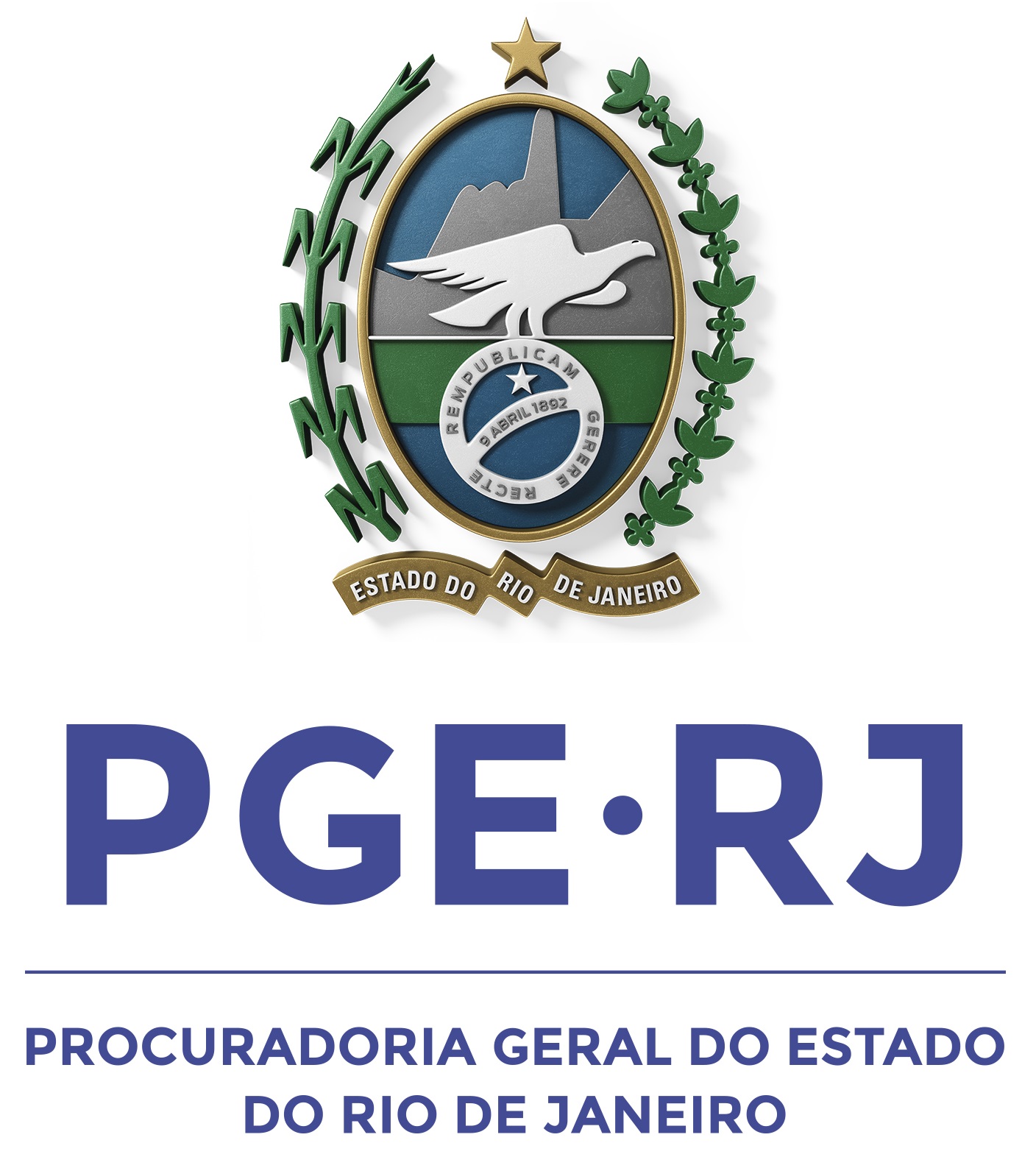A crise de legitimidade da democracia representativa brasileira
poderia o direito ser conciliatório?
DOI:
https://doi.org/10.46818/pge.v5i3.314Palavras-chave:
Democracia representativa, Crise de legitimidade, Eleições, SorteioResumo
A democracia representativa brasileira atravessa uma crise de legitimidade sem precedentes. Apesar do movimento crescente de interesse da população por temas políticos, a presença popular nas esferas de poder é reduzida, o que acirra as tensões sociais que a política deveria arrefecer. Por sua vez, o sistema jurídico foi colocado (ou se colocou) como responsável por suplantar aquela crise, apresentando as soluções para as demandas políticas que não mais encontravam respostas em seu ambiente natural. Não obstante, o sistema jurídico não foi capaz de cumprir esse papel suplementar e acabou por se lançar também em uma crise de legitimidade. Assim, o artigo buscará identificar as causas dessas crises de legitimidade e apontar caminhos para a sua superação, a fim de viabilizar uma recuperação da legitimidade desses dois campos sociais para que, atuando de forma ajustada e relacionada, a sociedade possa encontrar as respostas para suas demandas em seus ambientes mais naturais. Com este objetivo, o artigo propõe uma análise dos elementos essenciais de uma democracia saudável em contraste com a realidade política brasileira da última década, ao mesmo tempo em que se serve da teoria ecológica do direito para perceber as relações atuais entre política e direito no país, enquanto causas e consequências da crise de legitimidade referida. Emprega ainda como metodologia a análise qualitativa de dados relevantes sobre o cenário político-eleitoral brasileiro além de abordar trabalhos relevantes para a temática proposta.
Downloads
Downloads
Publicado
Como Citar
Edição
Seção
Licença
Copyright (c) 2023 Gilson Alves de Santana Junior

Este trabalho está licenciado sob uma licença Creative Commons Attribution-NonCommercial 4.0 International License.
Ao submeterem um manuscrito à Revista Eletrônica da PGE-RJ, os autores concordam com os termos da Declaração de Direito Autoral e autorizam a Revista Eletrônica da PGE-RJ a publicar esse manuscrito sob a licença Creative Commons Atribuição-NãoComercial 4.0 Internacional e identificar-se como veículo de sua publicação original.




















